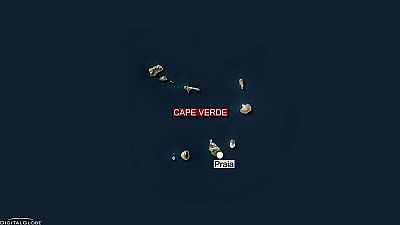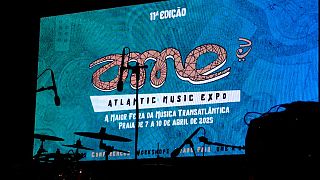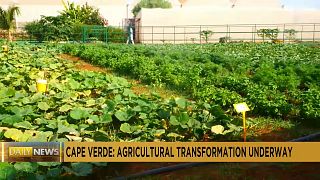CapeVerde
Cape Verde has decided to strengthen its presence in West Africa by appointing a Minister of Regional Integration, a few weeks after being denied the presidency of the Economic Community of West African States (ECOWAS) Commission.
The appointment of diplomat Julio Herbert “comes from the need to have a stronger presence in the ECOWAS, in matters of political and economic diplomacy”, explained in the local press the Prime Minister, Ulisses Correia e Silva.
It also aims to “create conditions for Cape Verde to have a special status in ECOWAS as a small island state”, added the head of government of this archipelago located off Senegal.
Since 2016, Herbert has been a diplomatic advisor to the Prime Minister, a position he will retain as he executes his new role.
It was in principle the turn of Cape Verde to take over the presidency of the ECOWAS Commission in 2018, according to the alphabetical order, but at the organization’s summit in mid-December in Abuja, the Nigerian capital, the post returned to Côte d’Ivoire.
Among the reasons for this decision were the arrears of contributions not paid by Cape Verde. But the country’s president, Jorge Carlos Fonseca, blamed “political arrangements” that were contrary to the rules of the organization, arguing that Cape Verde is not the only member state in arrears.
The creation of this new post of Minister of Regional Integration was however criticised by key political figures in Cape Verde, notably the former prime minister Jose Maria Neves.
“The prime minister did not have the courage to blame the foreign minister for defeating Cape Verde’s candidacy for the presidency of the ECOWAS Commission and now he is withdrawing the dossier,” said M Neves said on his facebook page referring to the country’s head of diplomacy Luis Filipe Tavares.
Tavares, the minister for foreign affairs and communities is seen as being sidelined by the creation of this new post, which some analysts see as a ‘penalty’ for failing to deliver the much coveted ECOWAS presidency.
Many Cape Verdean leaders regret that the former Portuguese colony, has little influence within the regional bloc despite its image of “model of democracy” African nation, in an often troubled area.
For one of the opposition leaders, Antonio Monteiro, this nomination comes too late.
“It’s like placing locks on doors when the house has been broken into,” he said, quoting a saying.
Created in 1975, ECOWAS, a mosaic of Francophone, Anglophone and Lusophone countries with more than 330 million inhabitants, aims at greater economic integration among its members.














01:54
"Great economic potential in Africa": five African leaders have lunch with Trump
01:03
Russia becomes first country to recognise Afghanistan's Taliban government
01:12
ECOWAS calls for restraint in violent protests in Togo
01:47
Sierra Leone’s Bio takes over as ECOWAS chair
Go to video
ECOWAS leaders meet in Abuja amid regional tensions and leadership transition
48:03
Half a century later, Is ECOWAS falling apart? [Africanews Debates]